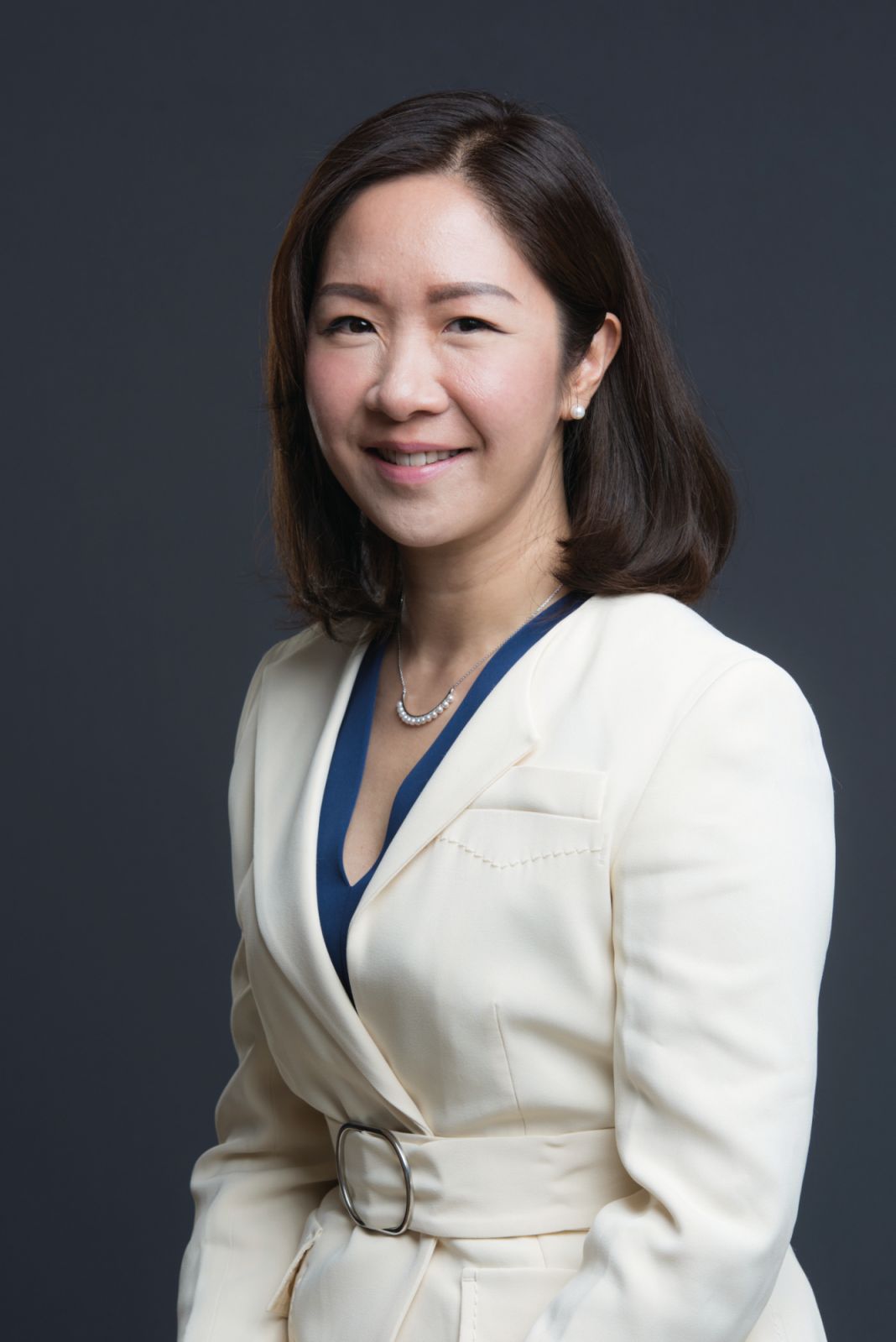From reducing food waste to buying local produce, Tatler Asia’s Most Influential and Gen.T honourees share their sustainable approach to food in this installment of our series on climate crisis solutions
To eat or not to eat meat? Those taking steps towards more sustainable eating habits might find themselves wondering about this. Though, generally speaking, eating less meat does help reduce emissions tied with the carbon-heavy meat production industry, there are some of the other things to consider while being eco-conscious about food, such as ethical sourcing. For example, in Hong Kong, where there’s a plethora of imported food available, do we go for that option or instead shop local? Three of our Asia’s Most Influential and Gen.T honourees give us food for thought with some of the initiatives that they have undertaken towards this topic.
Don’t miss: Why youths care about climate change—and how we can galvanise them into action
Carrie Chan

While agreeing that meat consumption should be reduced, Carrie Chan (Asia’s Most Influential 2022) sought to pioneer more sustainable ways to produce it. When co-founding Avant Meats in 2018, the technology for producing cultivated meat (meat produced from animal cells, also referred to as cultured meat or lab-grown meat) already existed but Chan saw the opportunity to adapt it to the Asian market. “In Asia, food is highly cultural and related to our culinary traditions. And most [cultivated meat] companies back then were in the west, making burgers and such, which we do eat here but it still feels a little distant from our culture,” she says. In Asia, where seafood is traditionally popular, Avant Meats mainly focuses on creating fish alternatives like fillets and fish maw to counter the fishing industry’s unsustainable practices which include overfishing and bottom trawling.
Chan recognises the challenges that come with advocating for cultivated meats. Firstly, the very name “lab-grown” meat might sound unappetising, and add to that, humans can be reluctant to change their established habits. She notes: “That’s why the industry is doing a lot [to educate], to share information with the public to let them know what the process is like—which is actually very similar to making beer and yoghurt. If we enjoy these, I think we shouldn’t be afraid of [cultivated meats].”
In the context of Hong Kong, the big push-back for cultivated meat is regulation. Currently, only three countries have greenlit cultivated meats to be sold to the public—Singapore, the US and Israel. With a strong research and development base in Hong Kong, Avant Meats operates mainly in Singapore, producing its cultivated fish there. Though its products in Singapore are yet to be cleared for approval, Chan is hopeful to finalise the process this year.

